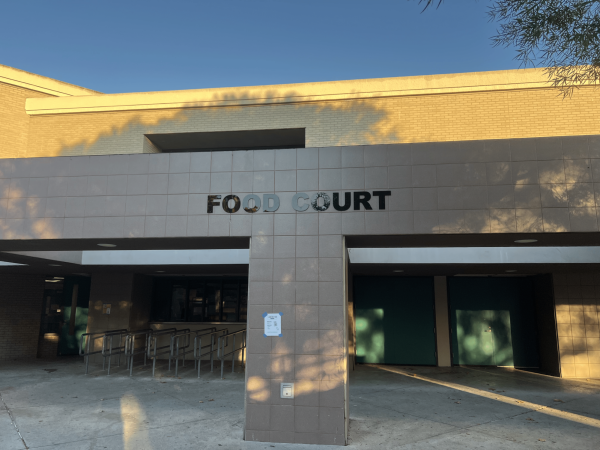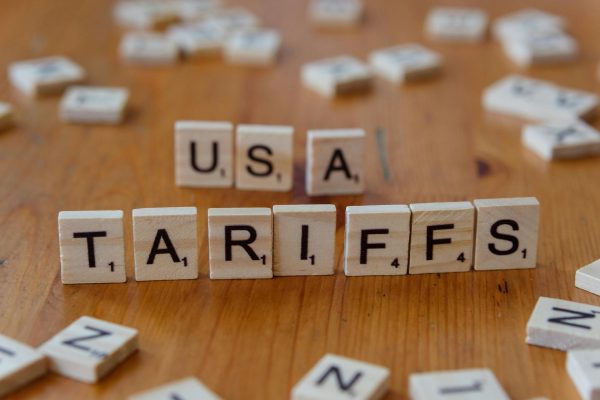Silicon Valley Bank Collapses
SANTA CLARA, CALIFORNIA – MARCH 10: A worker (C) tells people that the Silicon Valley Bank (SVB) headquarters is closed on March 10, 2023 in Santa Clara, California. Silicon Valley Bank was shut down on Friday morning by California regulators and was put in control of the U.S. Federal Deposit Insurance Corporation. Prior to being shut down by regulators, shares of SVB were halted Friday morning after falling more than 60% in premarket trading following a 60% declined on Thursday when the bank sold off a portfolio of US Treasuries and $1.75 billion in shares to cover declining customer deposits. (Photo by Justin Sullivan/Getty Images)
On Friday, March 10, 2023, the sixteenth largest bank in America had announced its closing due to bankruptcy and poor investments. Recently, stocks have begun plummeting with billions of dollars being lost before the federal government to stabilize financial systems after fears of unpaid debts caused a massive wave of withdrawals.
Prior to its fall, Silicon Valley had invested into long term bonds who had interest rates of zero. The price of the bonds began to fall when the rates rose, and by the end the bank had suffered a massive loss of nearly two billion dollars that heavily damaged their investments.
Misfortune continued when following its announcement of lost revenue, the stock had a downwards trajectory that saw them losing one-hundred and sixty billion in just over one day.
Clients who saw the downfall of Silicon Valley Bank quickly rushed in a panic to withdraw money from the bank, money that was not there, leading to a repeated succession of unfulfilled requests that was creating a bank run scenario. A bank run scenario is when a massive amount of clients will take money out of a bank with the prediction that said bank will soon fail.
Faith in the bank was not shared, with even the CEO of the bank selling millions in stock following the massive losses the bank suffered.
The federal government began guaranteeing the investments of clients due to the threat that the Silicon Valley Bank situation was creating for the U.S. economy. The issue was that major companies with massive holdings could only take out a max of a quarter million for their accounts’ insurances.
The situation called for a response from President Biden, who assured the public, “Americans can have confidence that the banking system is safe, your deposits will be there when you need them.”
Dozens of small businesses had suffered heavy losses and have only recently begun a steady recovery. The drop in share values dropped so dramatically that Wall Street was forced to halt trading for banks.
The effects aren’t solely limited to American industries either. Both markets in Japan and Australia had also suffered massive hits to their stocks that saw over a one percent drop in stock shares. Europe was also affected, with the pan-European stoxx 600 index dropping nearly two and a half percent.
Many worry about what the crisis will do to US-Euro economic agreements in the future. The United States has claimed that the crisis won’t affect taxpayers, yet a European regulator scoffed at the remark, and asserted that in the end the ordinary people will be forced to bail out the rich.
Matt Swinheart, a former U.S. treasury official, expressed his concerns, “The risk to global financial regulatory co-operation is that this episode reinforces lingering suspicions that when times get tough the US won’t adhere to globally agreed reforms.”
Many defend America’s actions believing that the bailout will prevent the decay of trust and reliance in banks.

Stephen LaRocca is a senior at Aliso Niguel and is excited for his second in Newspaper as a Senior Editor. Stephen loves to play video games, read books,...








